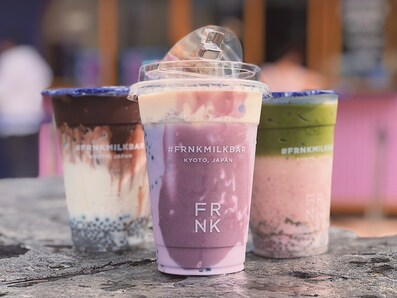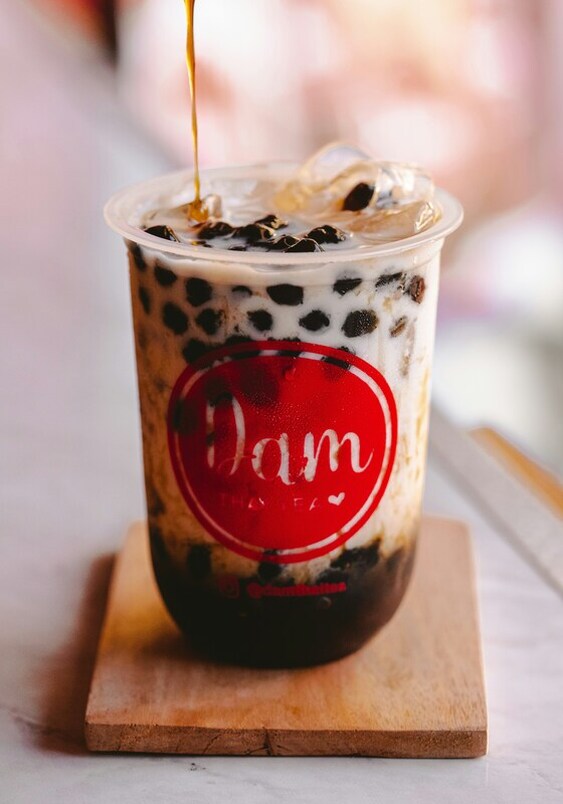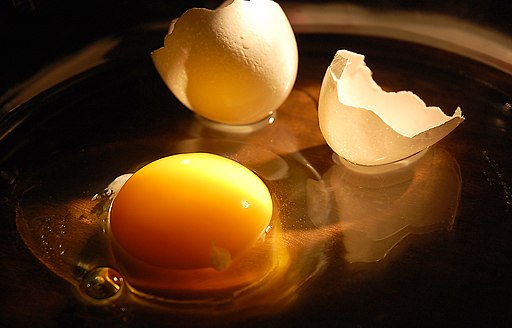A Young Addiction: Milk Tea
While it is already quite known among the public that caffeine, tobacco, and alcohol overconsumption have adverse effects, another substance has been rising in popularity over the past few years and may soon be officialized as a source of addiction: milk tea. This satisfyingly sweet tea is marked as a caffeinated, sugar-sweetened beverage, which is a drink that causes addictive symptoms like withdrawal and uncontrollable craving. To assess whether milk tea is an actual addiction and its side effects, the Journal of Affective Disorders published a study that surveyed 4078 young adults in China between the ages of 15 to 24 about their health and milk tea consumption. For the purpose of accurately reflecting the diversity of milk tea consumerism, the term ‘milk tea’ in this paper encompasses the various drinks commonly sold in boba stores, including ones that are not ‘milk teas’—like fruit teas or frozen blends.
Through different questionnaires, the researchers sought to understand three overarching questions: 1) how frequently does the participant drink milk tea, 2) to what degree do these participants experience mental health problems, and 3) whether there is a correlation between the amount of milk tea consumed and the intensity of addictive symptoms. The first question was measured by a 10-point frequency scale, ranging from three cups per day to almost never. The resulting statistics indicated that about 77% of the participants drank 6–11 cups per year, which is a significantly high number of people consuming milk tea.
Through different questionnaires, the researchers sought to understand three overarching questions: 1) how frequently does the participant drink milk tea, 2) to what degree do these participants experience mental health problems, and 3) whether there is a correlation between the amount of milk tea consumed and the intensity of addictive symptoms. The first question was measured by a 10-point frequency scale, ranging from three cups per day to almost never. The resulting statistics indicated that about 77% of the participants drank 6–11 cups per year, which is a significantly high number of people consuming milk tea.
Image Source: Komang Gita Krishna Murti
To see whether the participants’ frequent consumption dictates addiction, the researchers referenced the DSM-5 (Diagnostic and Statistical Manual of Mental Disorders, 2013), which described the six criteria for substance use to fall under addiction. Based on this standard, the study asked participants six questions to measure their dependence on milk tea, guilt towards drinking, withdrawal symptoms, tolerance (the need to drink more than previously for the same satiating effect), persistence in drinking (despite knowing the consequences), and inability to stop (despite wanting to). Each of these items were ranked on a five-point scale and added up. After statistical analysis, they found a strong correlation between higher scores of addiction (that was summed up from the five-point scale questions) and frequency of milk tea consumption. Interestingly enough, further demographic analysis shows that these high scores were more prevalent in females and younger aged individuals.
They also identified a significant association between large milk tea consumerism and feelings of loneliness, depression, anxiety, and suicidal ideation. While there are no confirmed explanations behind this finding, the paper notes that cortisol levels (stress hormones) increase when one consistently intakes high sugar-content foods—which may disrupt one’s emotional state and behaviors. The same symptoms were also discovered in mice when they were frequently drinking milk tea over a long period of time. According to the journal, it is possible that milk tea reliance arises from the need to escape and compensate for poor mental health, stress, and other negative feelings. While much more research needs to be conducted before milk tea can be deemed detrimental and addictive, it may be worth noting how many cups one is drinking before purchasing another.
They also identified a significant association between large milk tea consumerism and feelings of loneliness, depression, anxiety, and suicidal ideation. While there are no confirmed explanations behind this finding, the paper notes that cortisol levels (stress hormones) increase when one consistently intakes high sugar-content foods—which may disrupt one’s emotional state and behaviors. The same symptoms were also discovered in mice when they were frequently drinking milk tea over a long period of time. According to the journal, it is possible that milk tea reliance arises from the need to escape and compensate for poor mental health, stress, and other negative feelings. While much more research needs to be conducted before milk tea can be deemed detrimental and addictive, it may be worth noting how many cups one is drinking before purchasing another.
Featured Image Source: Dan Michael Sinadjan
RELATED ARTICLES
|
Vertical Divider
|
Vertical Divider
|
Vertical Divider
|






